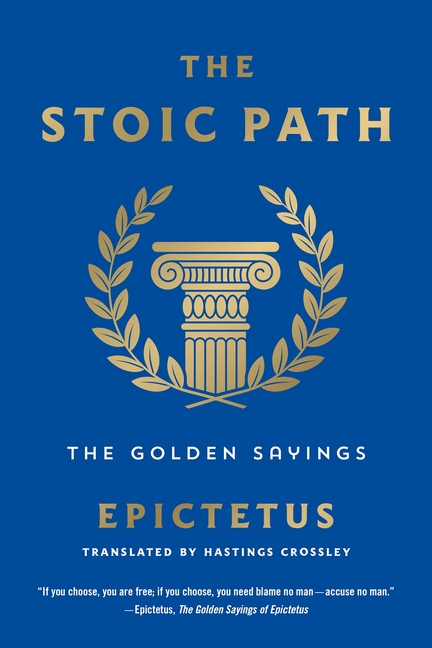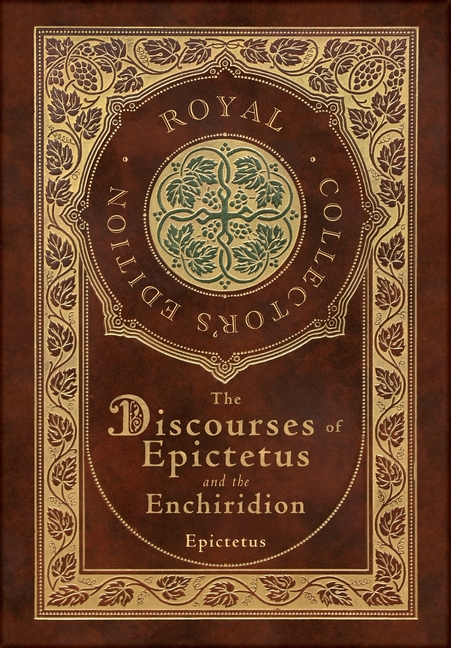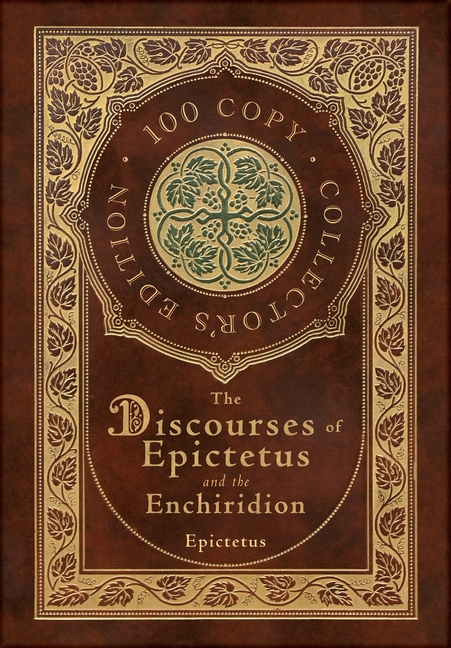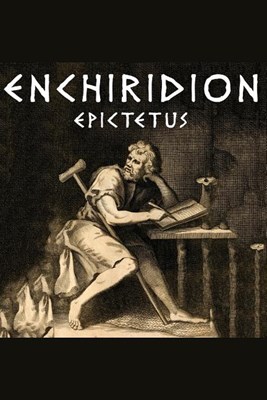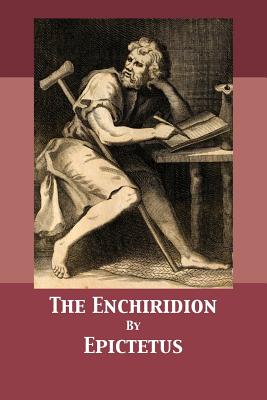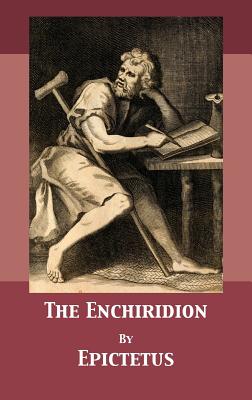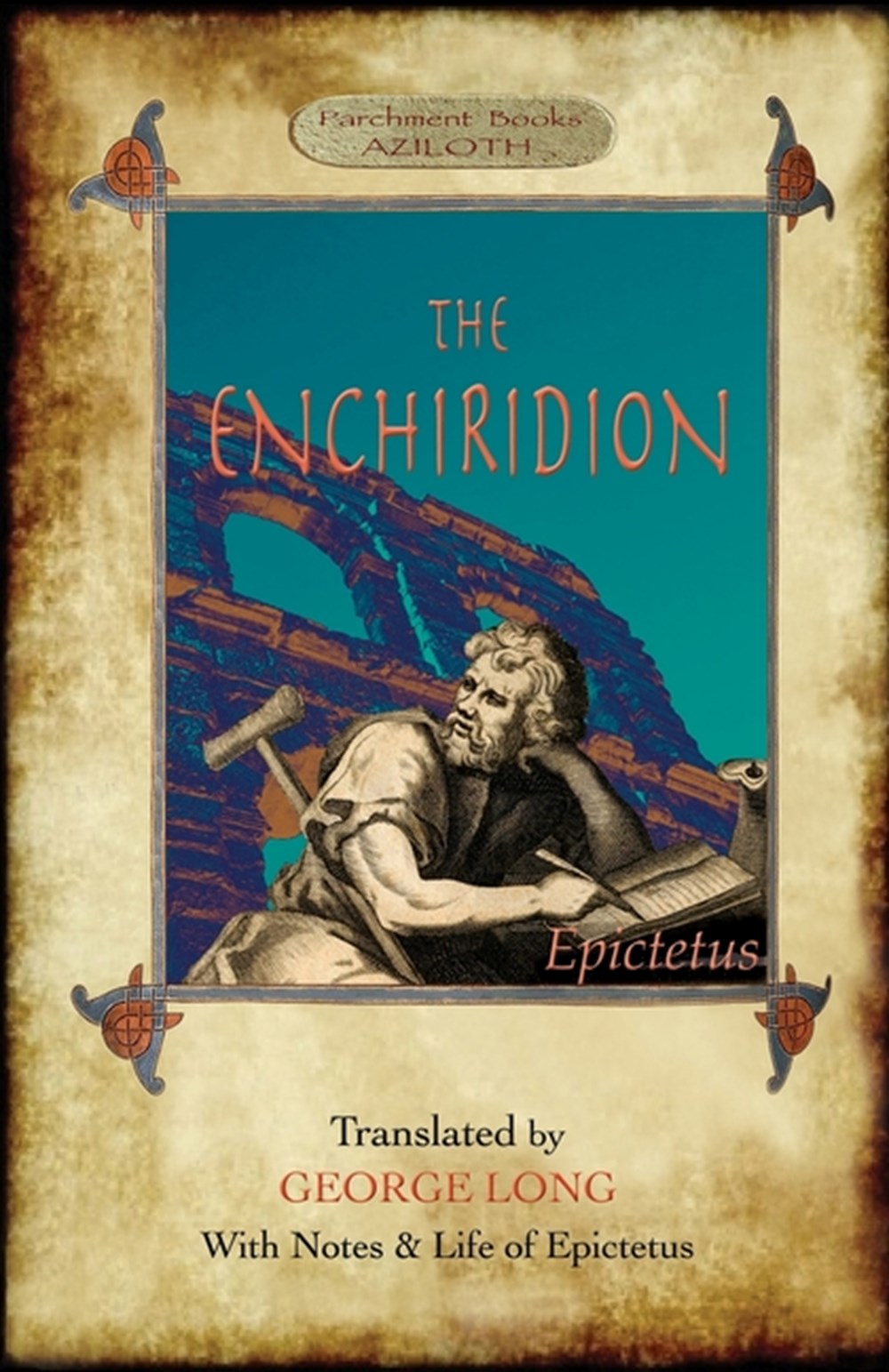
The Enchiridion: Translated by George Long with Notes and a Life of Epictetus (Aziloth Books).
| Quantity | Price | Discount |
|---|---|---|
| List Price | $5.30 |
$5.30
Book Information
| Publisher: | Aziloth Books |
|---|---|
| Publish Date: | 10/23/2020 |
| Pages: | 50 |
| ISBN-13: | 9781913751036 |
| ISBN-10: | 1913751031 |
| Language: | English |
Full Description
Among the classical Greco-Roman philosophers none are more influential than the first century Stoic, Epictetus, and the core of his teachings is found in The Enchiridion, or "handbook."
Epictetus was the slave of an officer in Nero's imperial guard. He became schooled in Stoicism and after obtaining his freedom, brought his own insights to bear on the precepts of this life-changing philosophy, lecturing first in Rome and then in Nicopolis where he spent the rest of his life. Like so many early philosophers, he did not put pen to parchment and were it not for one of his students, Arrian, his sage and practical advice on how to live a tranquil life would have been lost to us.
The Enchiridion sets out the principles of stoic moral philosophy as a way of life and the basis of happiness. We should not try to change events that are beyond our control and seek only to control our own thoughts and actions through self-knowledge. Rooted in ethics, logic and natural laws, Epictetus' guidelines emphasise that "No man is free who is not master of himself," a challenge that many latter-day greats like Marcus Aurelius recognised as a worthy goal.
This little book deserves several re-reads to fully appreciate the hard simplicity of Epictetus' wisdom.


